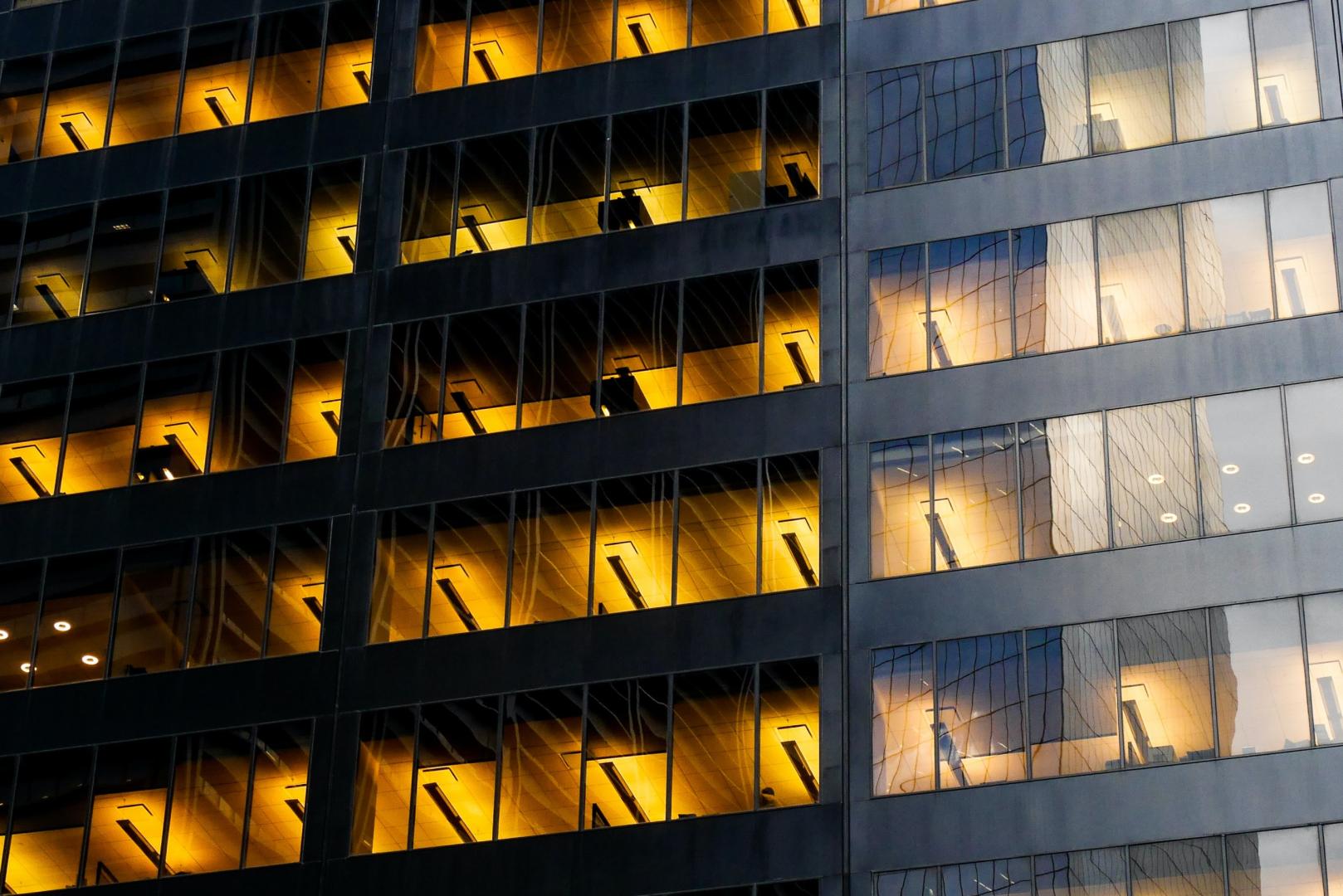Spotlight: Murat Bayramoglu – CEM, CMCP
Murat has been conducting Energy Audits since 2013. He obtained a Master’s in Energy Management and decided to focus on Energy Audits as they are the prime mover of the Energy movement. With seven years of experience conducting Energy Audits, Murat knows the ins-and-outs of process.
Fun Fact: If Murat were not an Energy Auditor, he would like to be a HVAC Design Engineer.
What to Expect During An Audit
Each on-site visit can vary slightly due to the complexity of the buildings systems and the size of the facility. For a simple building – a facility without a base building system – you can expect a minimum of two on-site visits. On average, these simple building visits can take a minimum of four hours to conduct. As the complexity and size of the building increase, the number of visits and hours spent may increase as well.
Before meeting with your Energy Auditor, please be sure that all common areas and mechanical rooms are accessible. In some cases, 10% of the uncommon areas should be accessible as well. Your building operators should be able to explain the building operations properly. This will help the Energy Auditor to deliver better results as they will not have to make assumptions or estimations for the report. Need help? Visit www.VertPro.com
Untrained building operators and poorly designed systems are the major factors of poor performance."
A Professional Perspective
During on-site visits, auditors commonly find building operators are not trained properly in Energy Efficiency and building operations. Almost none of the multi-family buildings have any sort of building operation and maintenance plan. In fact, most commercial buildings have no operation or maintenance plan at all.
It’s important to keep in mind that Energy Auditors deal with an immense amount of data per building. All buildings systems, such as HVAC-R and controls, building envelope, lighting systems and controls, conveyance, and building operations need to be analyzed. In addition to these systems, weather-normalized energy consumption data based on the occupancy patterns is also analyzed. If any data is missing while drafting the reports, it can slow down the process. In these cases, extra research must be conducted as the data cannot be guessed or estimated because the report accuracy would be incorrect.
Each city and state have different Audit requirements – if at all. For example, NYC requires dense Energy Audit and Retro-Commissioning (RCx) studies to be conducted every 10 years. However, a 10-year period is too long to go between Audits, as so many building systems can malfunction during this period and cause inefficient building operations. Even five years is too long to wait for a re-audit. Your Energy Auditor should revisit the buildings after each Audit year to verify appropriate building operations and utilization of each recommended Energy Efficiency and RCx measure.
Standard practice states that building owners should be knowledgeable on their buildings systems’ time settings and how they are aligned with occupancy patterns, temperature, and pressure set points. They should also know how to adjust their controls accordingly. The best way to come up with an O&M plan strategy is by drafting up dynamic current facility requirements (CFR) and updating CFR as needed. Meanwhile, building operators should be capable of comprehending the importance of CFRs and ensuring that the building is operating accordingly. There are so many buildings equipped with the best technology, but they are performing very poorly or worse than outdated equipment. Untrained building operators and poorly designed systems are the major factors for poor performance. It is recommended that each updated system is commissioned properly with Testing and Balancing, as well as performance testing.
On average, the lifespan of most systems’ ability to perform at optimal levels is 15 to 20 years. When building owners and managers notice that the buildings systems are breaking down more frequently, they should start investigating in upgrades. The cost of equipment failures is not only the direct costs paid to the service contractors, but also the indirect costs due to a reduction in property value. A low indoor environmental quality reduces the value of the property as occupants start complaining more frequently, thus creating a nuisance on both the building operators and occupants.

Story Time with Murat – Family Feud
The weirdest situation I’ve ever encountered during an on-site visit was becoming part of a family fight. This was a small multi-family building and I had an appointment with one of the tenants to walk through the building for an inspection. I called, but nobody picked up the phone, the Ring didn’t work, and I had to wait to get in until someone opened the main entrance door.
When I approached the apartment door where the tenant I was meeting with resided, I heard shouting and yelling coming from behind the front door. I didn’t knock because it seemed like bad timing. However, while I was standing there, a woman stepped out of the apartment and began to yell at me, too.
She asked who I was but didn’t listen to my answer at first. I gave her the building owner’s name and she got even more upset because he was the reason she was angry. Finally, I got out the right words: “I’m here for the inspection!”
Then, suddenly, she calmed down and invited me into her apartment to show me her kitchen cabinets, new furniture, and wireless thermostat.
She told me later that she furious when she saw me in the hallway, because she thought I was the building owner and was so upset with him. At the end of the day, the magic word “INSPECTION” saved me!

